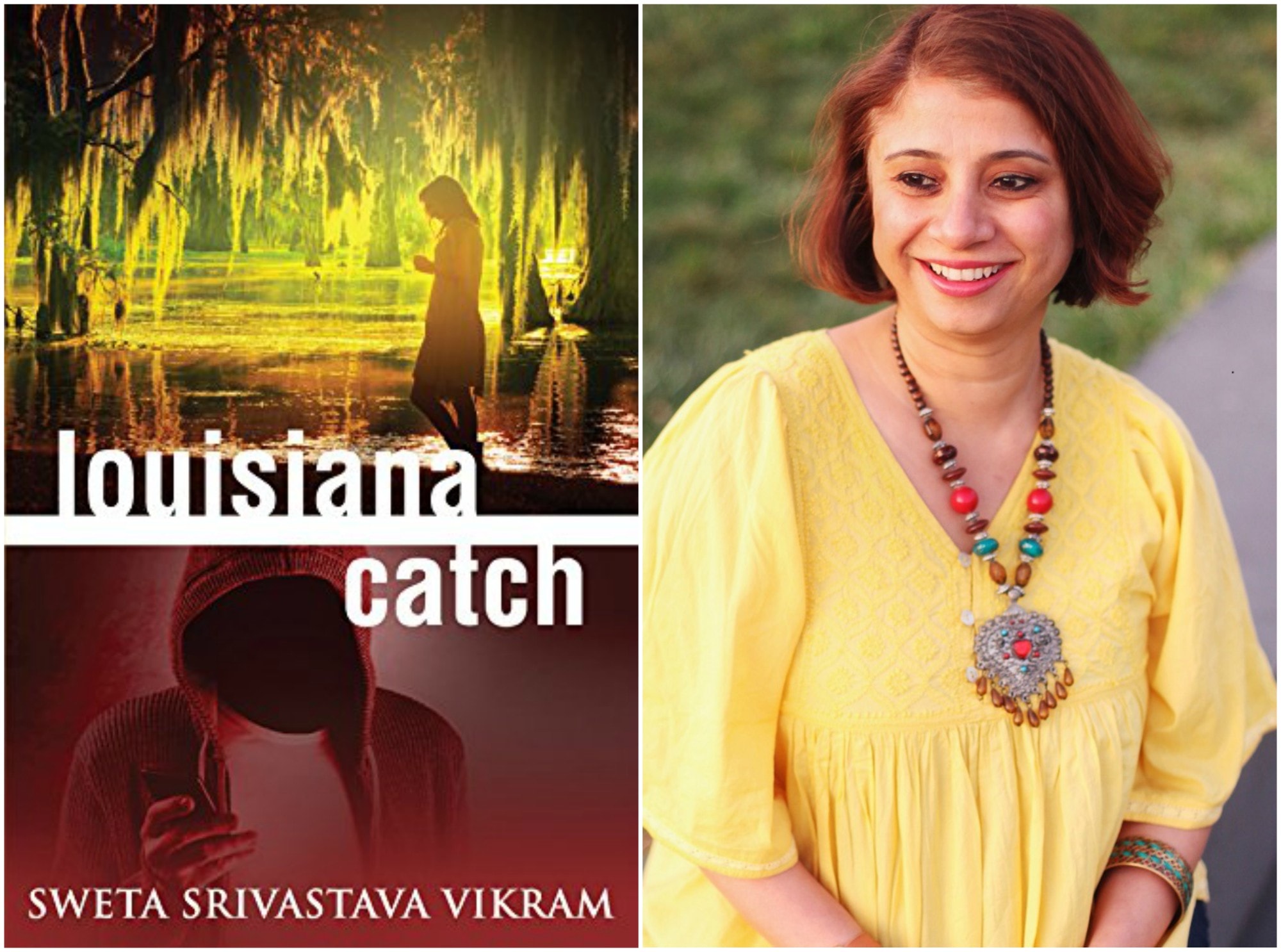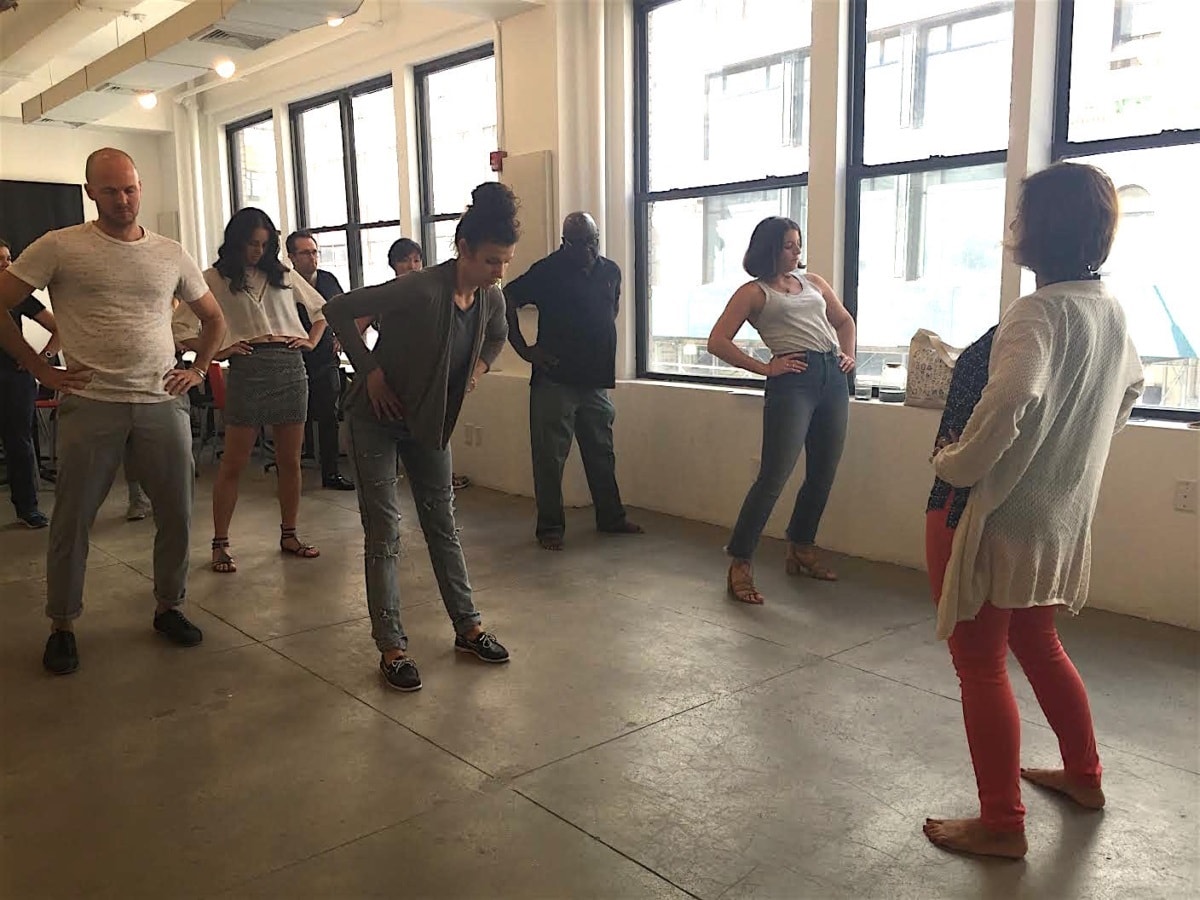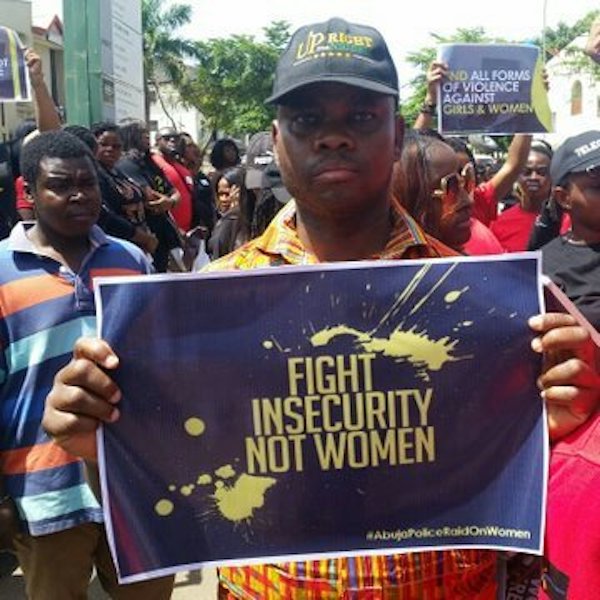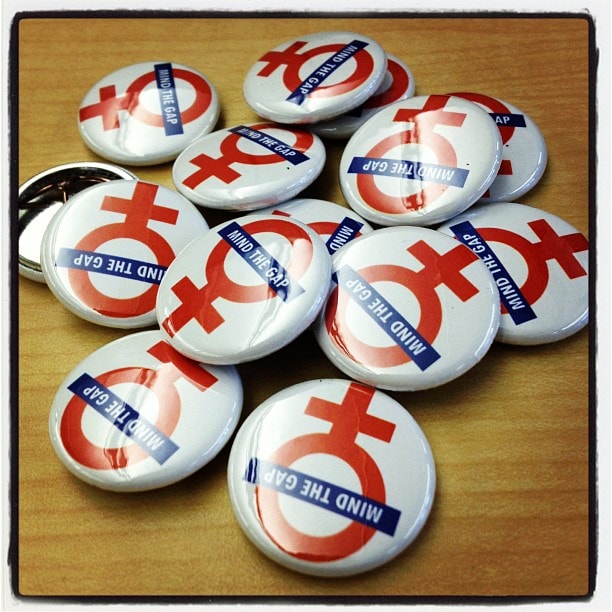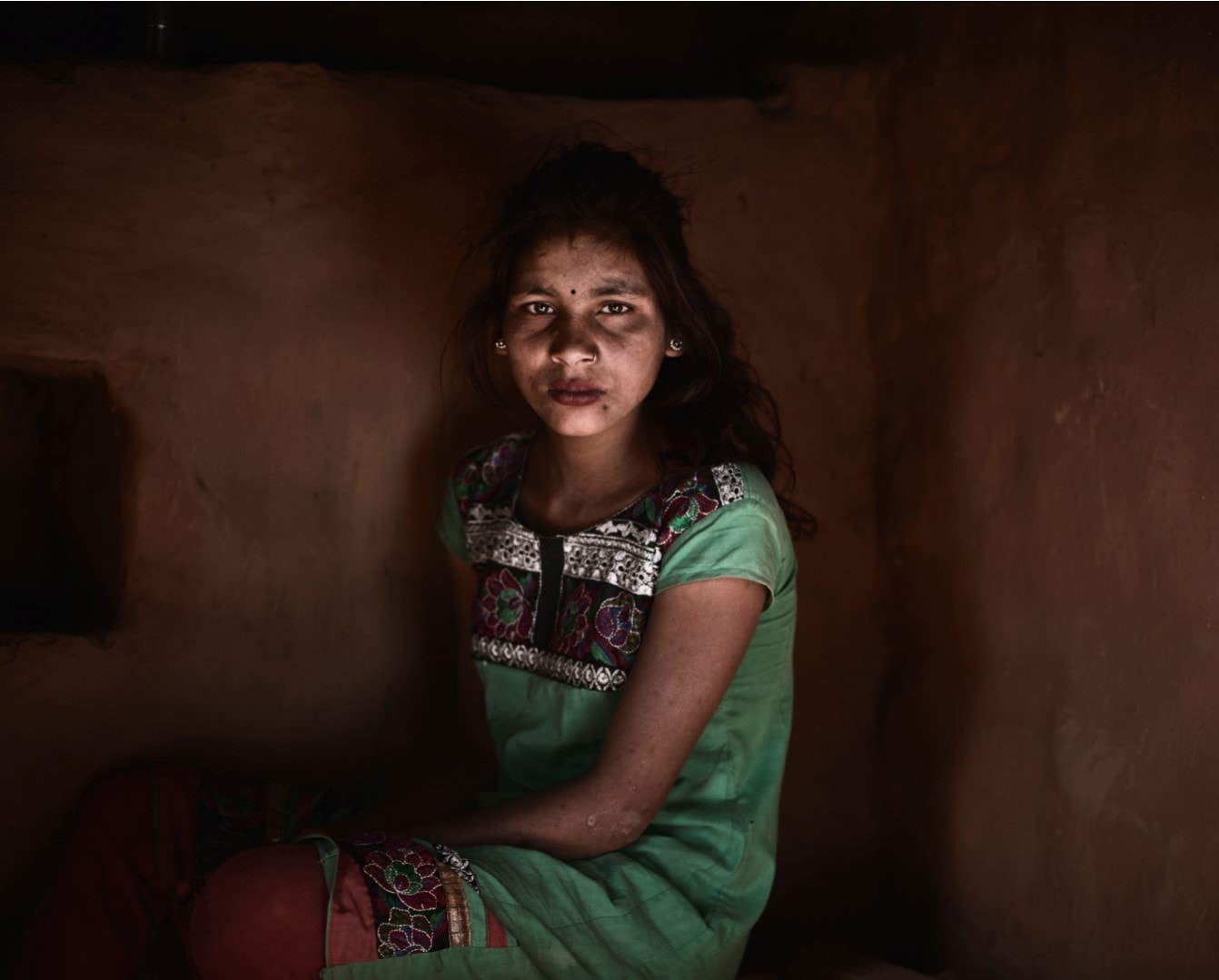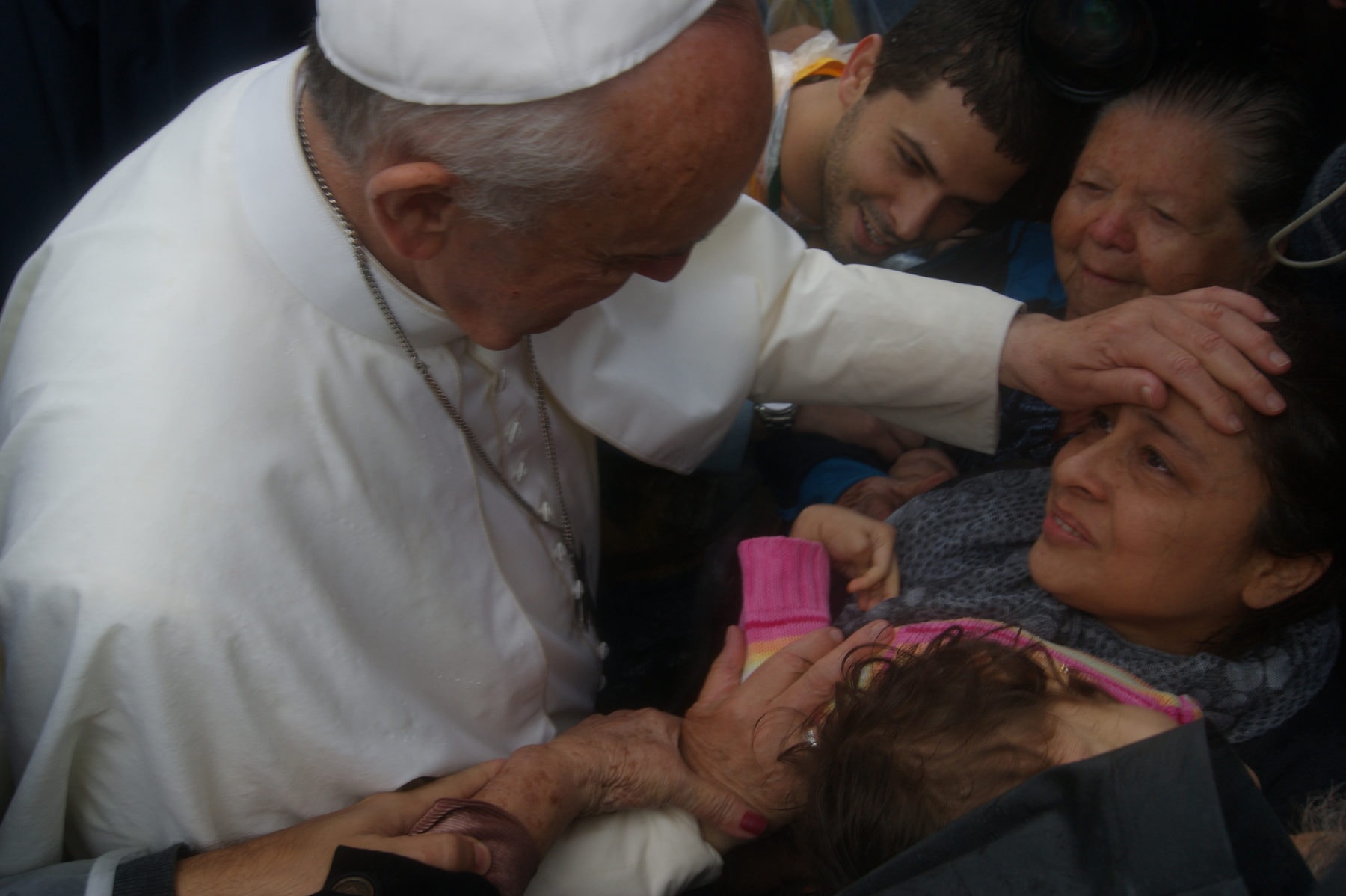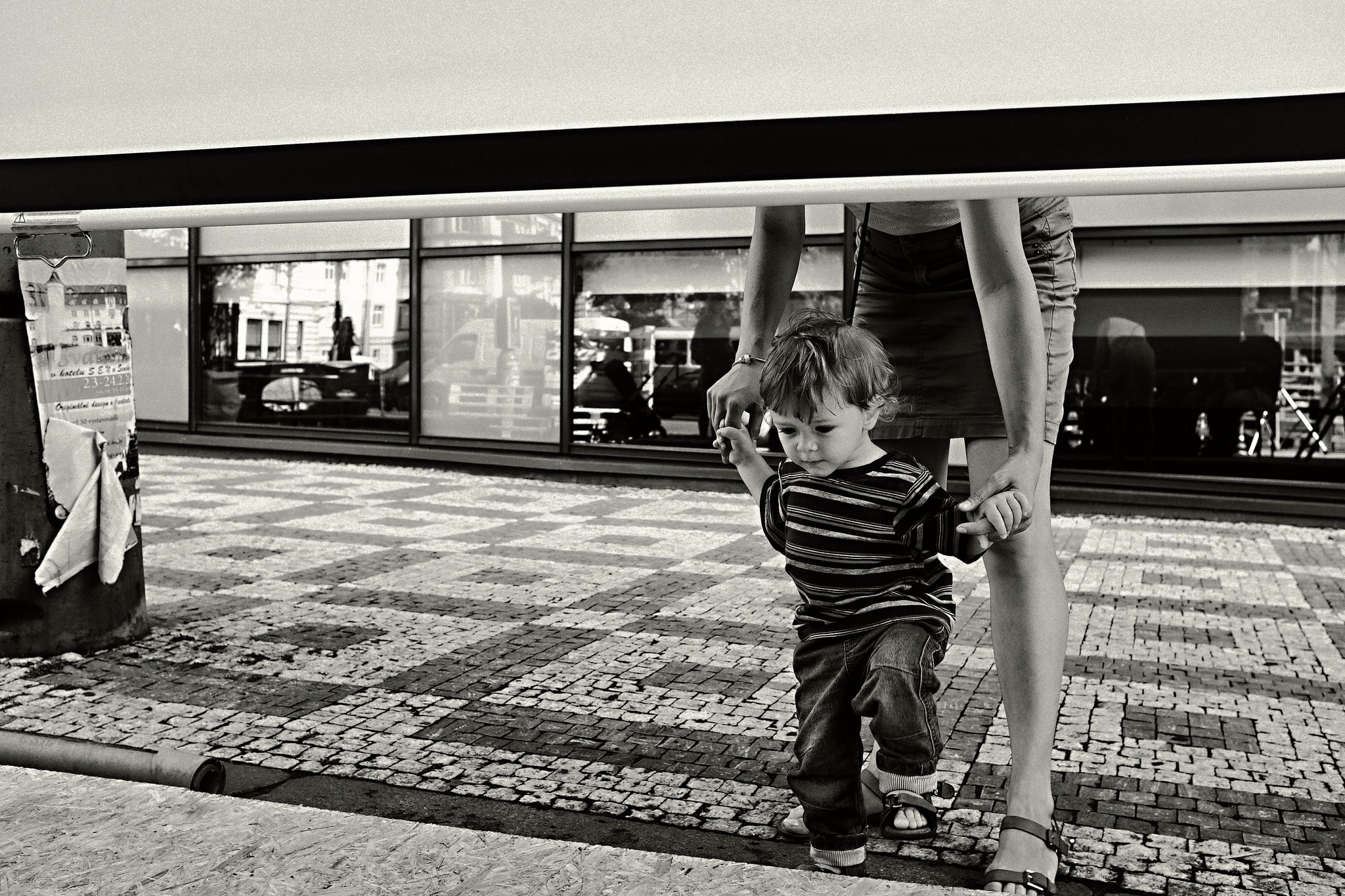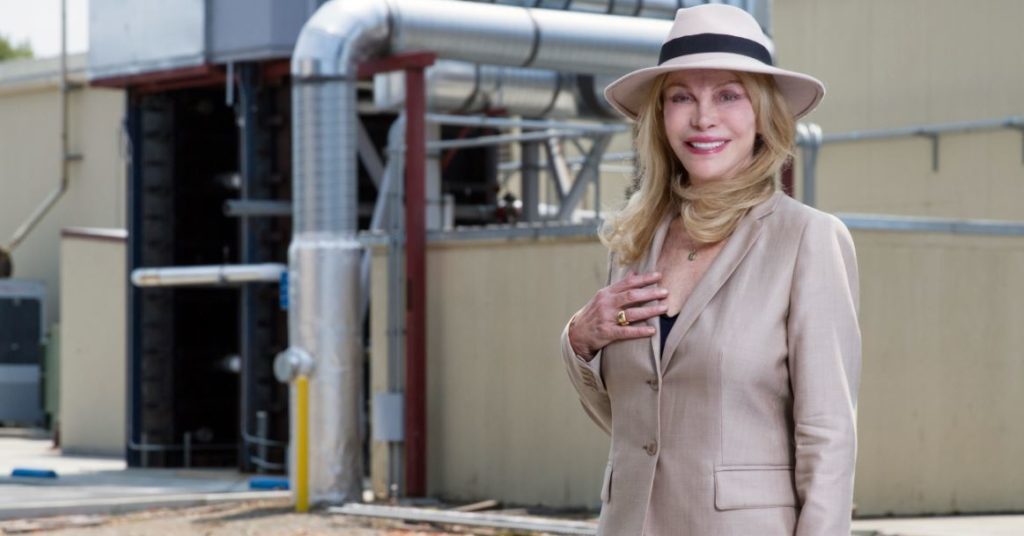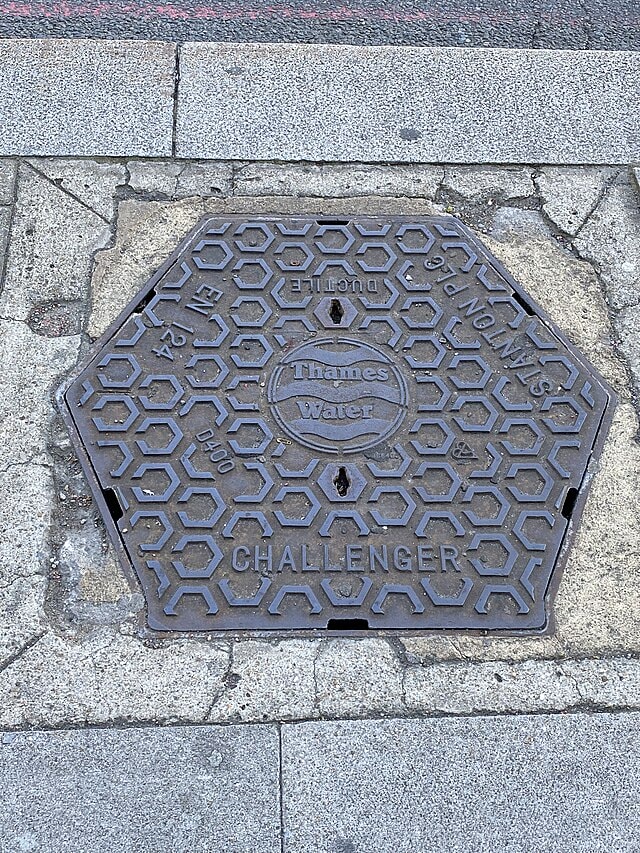Louisiana Catch by Sweta Srivastava Vikram, published by Modern History Press, 268 pages. Out on: 10 April 2018
This is a remarkable novel, a book for our #MeToo age. It brings home the universality of #MeToo, sexual abuse against women – an issue not exclusive to America: It has become a number one issue around the world, India included, the birth country of the author.
To some it may look like another women’s fiction title, but it’s not. It goes beyond the recurrent themes of the genre – marriage, friends and the search for happiness, showcasing a strong woman who overcomes multiple obstaclesAnd it is a great read, the work of an exceptionally talented storyteller, with finely observed characters, unexpected twists in the plot and a deeply satisfying ending. This is a not-to-be-missed novel, including for those who do not normally read in the genre.
In my view, this book does something more: It adds a much needed, broader dimension to the #MeToo issue, shifting the focus squarely on sexual abuse. It’s not just a matter of recalling episodes of unpleasant groping and being threatened or blackmailed by an alpha male that can kill your career, your reputation or any hope you have for happiness. It is that too, of course, but it goes beyond. Sexual abuse is the one aspect of sexual violence that is unequivocally indefensible and morally deeply wrong, with no ifs and no buts.
And it does this in three ways.
One, the major event around which the story unfolds: A world conference on sexual violence against women – to be held in New Orleans, hence one of the reasons for the book’s title. There are others, and I shall come to them shortly. Ahana is charged with the organization of this conference, a task that is a big challenge and that pushes her to her limits. The conference logo she’s picked, No Excuse, is striking. In two words, it tells us we are facing the next level after #MeToo.
Two, the major themes in the novel: sexual violence against women and stalking/bullying on social media (in this case, in an online therapy group). These are deeply serious issues you find every day in the news headlines, yet they are lightly woven in the plot. And the author manages the feat of adding a new urgency to them – this is done through two intriguing characters, two diametrically different men, who erupt in Ahana’s life as she tries to organize the conference. And here we get to the other reason for the book’s title: Both men are from Louisiana, including the catfisher. And right until the middle of the novel, we can’t tell which of them is actually a ‘good catch’ for Ahana and who is the one ‘catching’ her in his net. One of them is not what he seems – hence the suspense.
Three, the viewpoint: The story is told from Ahana’s standpoint and Ahana is special. Highly educated, she comes from a wealthy upper-class Delhi family. She lives in two worlds, the traditional Indian one with all its customs, including the food and the gossiping “aunties”, and the Western one that she has been educated in. Tall and beautiful, an athletic yoga-practitioner, Ahana is recently divorced from Dev, a good-looking man but a sexually abusive husband.
Ahana is someone you grow to increasingly like and care about, and you find yourself wanting to tell her to stop, to be more careful about sharing personal stuff online. People throw up smoke screens, will Ahana see through them? Believe me, it’s a page turner.
Reading the book, I became curious about Sweta Srivastava Vikram, an author capable of creating such stunningly realistic characters, both Indian and American. If you peek at her bio, you discover she is of Indian origin, but she lives in America and has known entrepreneurial success in her own life just like Ahana. She has already had eleven books published, establishing her as a major poet – with only one of them (a novel) published in India, and she has won several awards.
Louisiana Catch is the first novel you publish in the United States. And you now live in New York with your husband. What inspired you to write this book? Any connection with your move to the United States?
Sweta Srivastava Vikram: Louisiana Catch is my 12th book but debut U.S. novel. My poetry books have been published in the U.S. before, but the novel is exciting on a whole different scale.
Louisiana Catch didn’t happen directly as a result of my move to the Big Apple. I moved to NYC about 20 years ago. Having grown up across three continents—India, North Africa, and the United States—and living away from home most of my life, I became an observer of cultures and people. Stories fascinate me. Inhuman behavior stirs me. Being around people inspires me.
Having said that, living in New York and being given the opportunity to discover my true identity and passion, I started to explore different themes in my writing. Raising awareness of social issues through creative writing is a big focus of my work. Louisiana Catch happened as a result of all of these factors.
Your book is clearly linked to the #MeToo movement. You put your own spin on #MeToo with the repeated use of the logo No Excuse. When you wrote your book, what was your feeling about #MeToo?
SSV: It’s a coincidence—#MeToo movement becoming the headlines news around the publication timeline date of my novel Louisiana Catch. I started writing the book in early fall of 2012. It’s developed over the years, but one thing remained unchanged: No Excuse. We need to stop accommodating perpetrators and there should be zero tolerance for sexual violence against women.
The No Excuse Conference organized by Ahana in the book empowers women by reminding them to speak up and speak out and not tolerate any kind of sexual violence. I feel, both the #MeToo movement as well as No Excuse foster the spirit of community together and offer a safe space to women.
Reading Louisiana Catch, it is clear that you feel very strongly about sexual abuse of women. Can you tell us how you developed interest in the issue, did it happen to people around you?
SSV: I know a few women who are survivors of marital rape. I can’t disclose any further details about them—out of respect for their anonymity. But their experiences stayed with me. Sexual assault is heinous as it is…imagine when the perpetrator is the person who is supposed to be your partner in sickness and in health. And this same person violates your body and trust.
The kind of damage this type of violence does, it’s inconceivable. So many women don’t realize that they have the option to say NO. Many carry the shame but can’t share their story because the danger is in their bedroom, waiting for them every day. Not all countries have laws against marital rape.
As a writer and humanitarian, I spend a lot of time online—engaging with my readers, connecting with people in similar professional spaces, and doing research. I once tweeted something about a super hero movie I didn’t enjoy. As a result, I received rape and death from accounts where people didn’t have a profile picture, just masks. That experience of how vulnerable we are when online and don’t really know the faces behind the masks people wear…it haunted me for a few days.
I started to talk to a few writer friends and surprisingly, a few of them confessed that they had fallen prey to elaborate schemes of catfishing. In catfishing, the perpetrator lures someone into a relationship through a fake online persona, whether through a web site or social media. This deception may involve the use of fake photos and profiles. And, sometimes, fictitious supporting networks as well like seemingly reliable websites, organizations, and job boards.
While creating Ahana’s character, I understood that her vulnerability—grieving daughter and sexual abuse survivor new to social media—would make her a prime candidate for being duped online if someone knew about her weaknesses.
Your Main Character, Ahana is fascinatingly complex. A member of the new middle class in India and a product of Western education, she’s full of contradictions. And she has a surprisingly strong relationship with her mother. How did you “invent” her?
SSV: I wanted to write about someone who was very different from me in terms of looks and attitude. And in the process of creating Ahana, I realized that a lot of Generation X women I know from India, including myself, are like her: full of contradictions. In that, you are given the best education and opportunities growing up, but on some level, most aren’t empowered. One of my closest friends was told by her father that she could have all the fun and education while in college, but the minute she graduated, he would arrange her marriage to a wealthy and educated boy. And, so, he did. She went from mini-skirts to saris and cooking for a big family, literally overnight.
Hers is an extreme case, but in India, society trains women to place themselves at the bottom of the totem pole. I hope things are different for the millennials, but my generation was subtly reminded that the husband and in-laws are your “real” family. Taking care of them, part of your “dharma.” And that “good girls” don’t speak up or speak out against them. You and your career are second to their needs. I have grown up with contradictions so I know how real it is.
What is unique in Ahana’s case is her deep relationship with her mother. I wanted to explore how that could impact the emotional evolution of a survivor versus a woman who had no family support.
A major plot point is the organization in New Orleans of an international conference on sexual violence against women and Ahana is the organizer. A big event like that is difficult to prepare and why New Orleans?
SSV: New Orleans is very similar to New Delhi in terms of its culture, hospitality, sweltering summers, and unsafe streets at night. I wanted to build on that similarity because I could draw a parallel between Ahana’s emotional experiences in the two cities. But, mostly I picked New Orleans because it’s one of my absolute favorite cities in the United States. The food, the music, the energy…so beautifully infectious.
I also wanted a city which wasn’t predictable or written about like NYC or Orlando or Las Vegas or San Francisco, you know? In my corporate career where I was the head of the marketing department of an accounting firm, part of my job was managing the trade show, so I have background knowledge of the technical requirements for conference preparation. Rest of it was imagination and a little bit of research. A writer’s personality always creeps into their work—I like specifics, so I made sure that reflected in my writing.
Can you tell us a little about yourself, when did you discover you wanted to be a writer?
SSV: Even as a kid, I enjoyed reading and writing. The Nancy Drew series was my favorite growing up. But it wasn’t until I joined my boarding school, Oak Grove, in the foothills of the Indian Himalayas did I start to think of writing as healing and energizing. And started to explore reading classics. Jane Austen’s timeless writing has stayed with me even after all these years. My friends and I would read her books (and others) and start informal book clubs to discuss characters. Diversified views—wonderful way to interpret literature.
As for the writing, it started with poetry and then writing columns for my school’s magazine. Eventually, I was appointed as the editor of our boarding school’s magazine. I wanted to study journalism in college and in graduate school, but life had other plans; I ended up studying nutrition and working for Kelloggs. It’s amazing how everything has come full circle where I run my own wellness company, NimmiLife, that helps people write their stories as they elevate their wellness.
You are also a poet and one of your books of poems moved me deeply: Saris and a Single Malt, about the pain of losing your mother. What does poetry mean to you?
SSV: Poetry to me is the purest form of self-expression. It takes me back to the root of writing and communicating what’s in my heart. Poetry to me is also storytelling with caution and kindness. In a bunch of my poetry books, I share survivor stories and raise issue about gender inequality and violence against women. The verse, somehow, keeps the emotions intact yet the words feel less direct and damaging.
In the photo: Yoga for writers Credit: Blog post on NimmiLife website
When Ahana is under stress, she relies on yoga exercises to relax and “reboot”; at one point in your novel, she stands ten minutes on her head to clear her thoughts! You are a certified yoga and Ayurveda health counselor. Can you tell us a little more about it?
SV: I believe that creativity and wellness belong together. I took my experiences of being a writer and holistic wellness practitioner and started a wellness company in my mother’s name: NimmiLife. Yoga has both physical and emotional benefits.
As an Ayurvedic lifestyle and health counselor and yoga practitioner, I help people lead healthier and creative lives. This includes yoga asanas, meditation, pranayama, and Ayurvedic nutrition, cooking, and lifestyle counseling. Did you know certain foods can impact your productivity? Some spices can help with fighting creative blocks?
In my spare time, I teach yoga to female survivors of sexual assault and domestic violence. Research proves that yoga can help assault survivors with PTSD, triggers, flashbacks, and depression. Ahana doesn’t practice yoga to heal from her rape; she practices yoga as a habit and that in turn becomes one of the modalities that helps her heal.
You are also a columnist, writing for journals, including a piece for the New York Times that I very much enjoyed. What are your plans for the future?
SV: Thank you! So glad to hear that you enjoyed the piece I wrote for the New York Times. I do write wellness columns/expert opinions for CureJoy and DoYouYoga and few other magazines. I also blend the role of mindfulness and self-care into creative writing and write essays for Women Writers. I have a book contract for a collection of poems. But I can feel another novel is brewing in the back of my head.
BIO: Sweta Srivastava Vikram, a graduate of Columbia University, was featured by Asian Fusion as “one of the most influential Asians of our time”. She is a best-selling author of 12 books and a five-times Pushcart Prize nominee. She is also a mindfulness writing coach, social issues advocate, and a certified yoga & Ayurveda counselor who helps people lead creative, productive, and healthier lives. Louisiana Catch is her debut U.S. novel and featured on U.K.’s list of “Books to Read in 2018.” Born in India, Sweta lives in New York City with her husband and in her spare time, teaches yoga to female survivors of rape and domestic violence.
Website Twitter Instagram Facebook LinkedIn
RELATED ARTICLES:
I’M FINE by Silvia Di Paolo
#ICAN’TKEEPQUIET by Jessica Brassington
IF WE WERE GODS, WOULD WE BE HAPPY? Book review by Claude Forthomme
TIGHT AND SLACK – A MILLENNAL SEARCH Book Review by Claude Forthomme
MORE THAN HURT FEELINGS: THE REAL DANGERS OF HATE SPEECH by Naomi Elster
EDITOR’S NOTE: THE OPINIONS EXPRESSED HERE BY IMPAKTER.COM COLUMNISTS ARE THEIR OWN, NOT THOSE OF IMPAKTER.COM
Featured Image Credit: New Orleans: French Quarter, Exchange Place – by wallyg flickr.com



